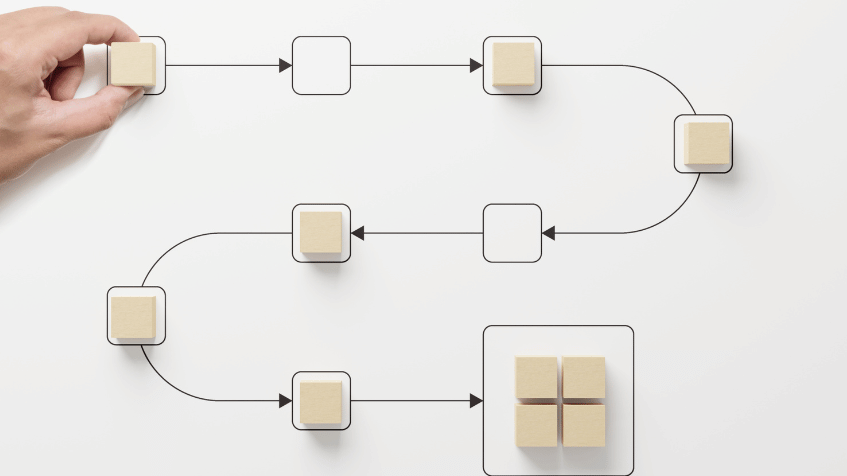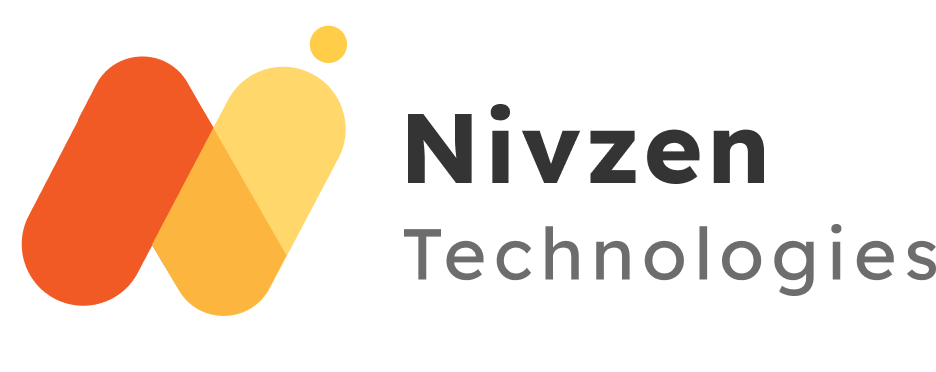Education Development
Education Development focuses on creating innovative solutions to enhance teaching, learning, and administrative processes, leveraging technology for improved educational outcomes and institutional efficiency.
Learning software development through comprehensive education programs

Formal Education
Many software developers pursue a formal education through a bachelor’s or master’s degree program in computer science, software engineering, or a related field. These programs provide a comprehensive foundation in programming, computer architecture, algorithms, data structures, software engineering principles, mathematics, and other relevant subjects.
Formal education refers to the structured and organized learning that takes place within educational institutions such as schools, colleges, universities, and vocational training centers. A formal language is a set of well-defined rules for representing and communicating information.
Self-Study and Online Resources
Many aspiring software developers also engage in self-study, using online resources, tutorials, and programming courses to learn specific programming languages, frameworks, or development tools. Online platforms like Udemy, Coursera, edX, and Code cade offer a wide range of programming courses and tutorials.
Self-study and online resources have become increasingly popular and accessible in recent years, offering a wealth of knowledge and educational opportunities. Self-study refers to the independent pursuit of knowledge or skills without formal instruction. It allows individuals to learn at their own pace, explore diverse subjects.


Programming Languages
Software developers should have a strong understanding of programming languages such as Python, Java, C++, JavaScript, or Ruby, depending on their area of interest and the types of software they want to develop.
Programming languages are formal languages used to write computer programs. They provide a set of rules and syntax for creating instructions that a computer can execute. The choice of programming language depends on factors such as the task at hand, performance requirements, ecosystem support, and personal preference.A programming language is a formal language with syntax and semantics used to communicate instructions to a computer.
Data Structures and Algorithms
Proficiency in data structures and algorithms is crucial for solving complex problems efficiently. Understanding topics like arrays, linked lists, stacks, queues, trees, graphs, sorting, searching, and algorithm analysis is essential for building robust software.
Data structures and algorithms are fundamental concepts in computer science that deal with the organization, storage, and manipulation of data, as well as the efficient execution of tasks or operations on that data. Data structures provide a way to store and organize data in memory, while algorithms define step-by-step procedures or instructions for solving a specific problem or performing a specific task.






